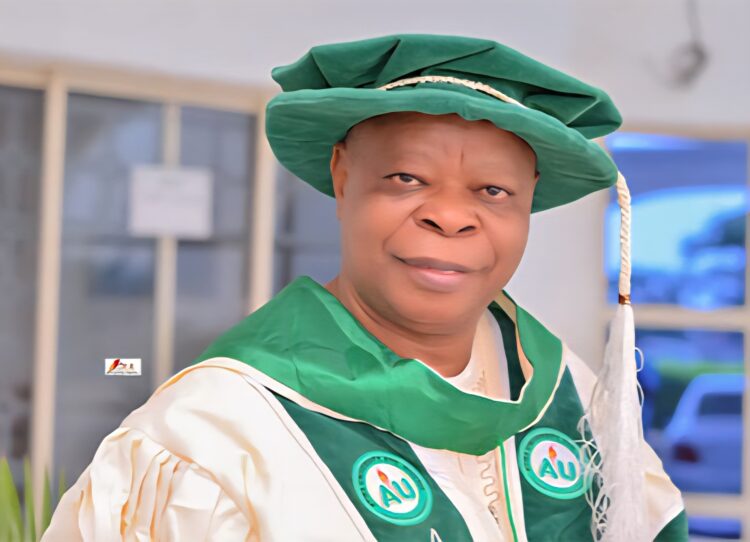The National Association of Yoruba Language and Culture (NAYLC) has condemned the cancellation of the National Language Policy (2022).
In a statement signed by the patron of the association, Dr James Adesokan Ojebode, the group called for an “immediate reversal in defence of Nigeria’s linguistic heritage.”
Ojebode said it received, with deep shock and disappointment, the recent decision of the National Council on Education (NCE), during its recent meeting in Akure, Ondo State, to cancel the National Language Policy (NLP 2022) and to impose English as the sole medium of instruction at all levels of education in Nigeria.
“As Life Patron of the NAYLC, I strongly condemn this unfortunate and ill-informed decision, which represents a grave misplacement of priority at a time when nations around the world are strengthening—rather than abandoning—their indigenous languages,” Ojebode said.
The life patron of the association explained that the National Language Policy was conceived to promote mother-tongue-based multilingual education, ensuring that Nigerian children receive instruction in the language of their immediate environment during the foundational years of learning, adding that “This is not merely an academic strategy; it is a cultural imperative. Language is the soul of a people. It carries identity, values, memory, and worldviews across generations. To discard it is to uproot the very essence of who we are.”
He explained that for decades, researchers, cultural custodians, linguists, and policymakers—including UNESCO and leading global education bodies- affirmed that children learn best when taught in their mother tongue. Evidence consistently shows improved comprehension, stronger cognitive development, and greater cultural confidence.
The NAYLC patron, however, warned that “to now jettison this progress on the weak justification that some children are no longer fluent in their mother tongue is to misunderstand both the problem and the solution. The erosion of indigenous languages is precisely why the policy must be fully implemented—and certainly not cancelled.
“This retrogressive action threatens the survival of minority languages, Nigeria’s cultural continuity, the intellectual growth of our children, the vibrancy of our creative industries, and the global standing of Nigeria as a culturally endowed nation.
“Yoruba, like all other Nigerian languages, is a living archive of wisdom, philosophy, and identity. To sideline it is to erase centuries of accumulated knowledge and cultural pride. No serious nation abandons its mother tongues in favour of a colonial language elevated as the sole medium of instruction.
“We must not become a nation that willingly loses its heritage in the blind pursuit of borrowed identities. The future of the Yoruba language—and indeed all Nigerian languages—cannot be negotiated away on the altar of convenience or administrative expediency.
“Nigeria must not become a country that willingly loses its soul. Our languages are our pride, our identity, and our inheritance. We must defend them—firmly, responsibly, and without apology,” he said.
On behalf of the NAYLC, Ojebode called on the Minister of Education, Dr Olatunji Alausa, the National Council on Education (NCE), the Nigerian Academy of Letters (NAL), Linguistic Association of Nigeria (LAN), National Institute for Nigerian Languages (NINLAN), Yoruba Studies Association of Nigeria (YOSAN), UNESCO, Nigerians in the Diaspora, and all lovers of culture and heritage to resist this dangerous policy shift and to ensure the immediate reinstatement and full implementation of the National Language Policy, 2022.
He also appealed to scholars, cultural organisations, traditional institutions, civil society groups, and all patriotic Nigerians to raise their voices at this critical moment. Silence now will amount to endorsing the cultural erosion of future generations.
“History will not forgive us if we allow our languages to die under our watch. Nigeria must therefore rise to protect its heritage. Nigeria must reject policies that weaken its identity. Nigeria must not cling to colonial apron strings in the 21st century.
Nigeria must not become a country that willingly loses its soul. Our languages are our pride, our identity, and our inheritance. We must defend them—firmly, responsibly, and without apology,” Ojebode advised.




